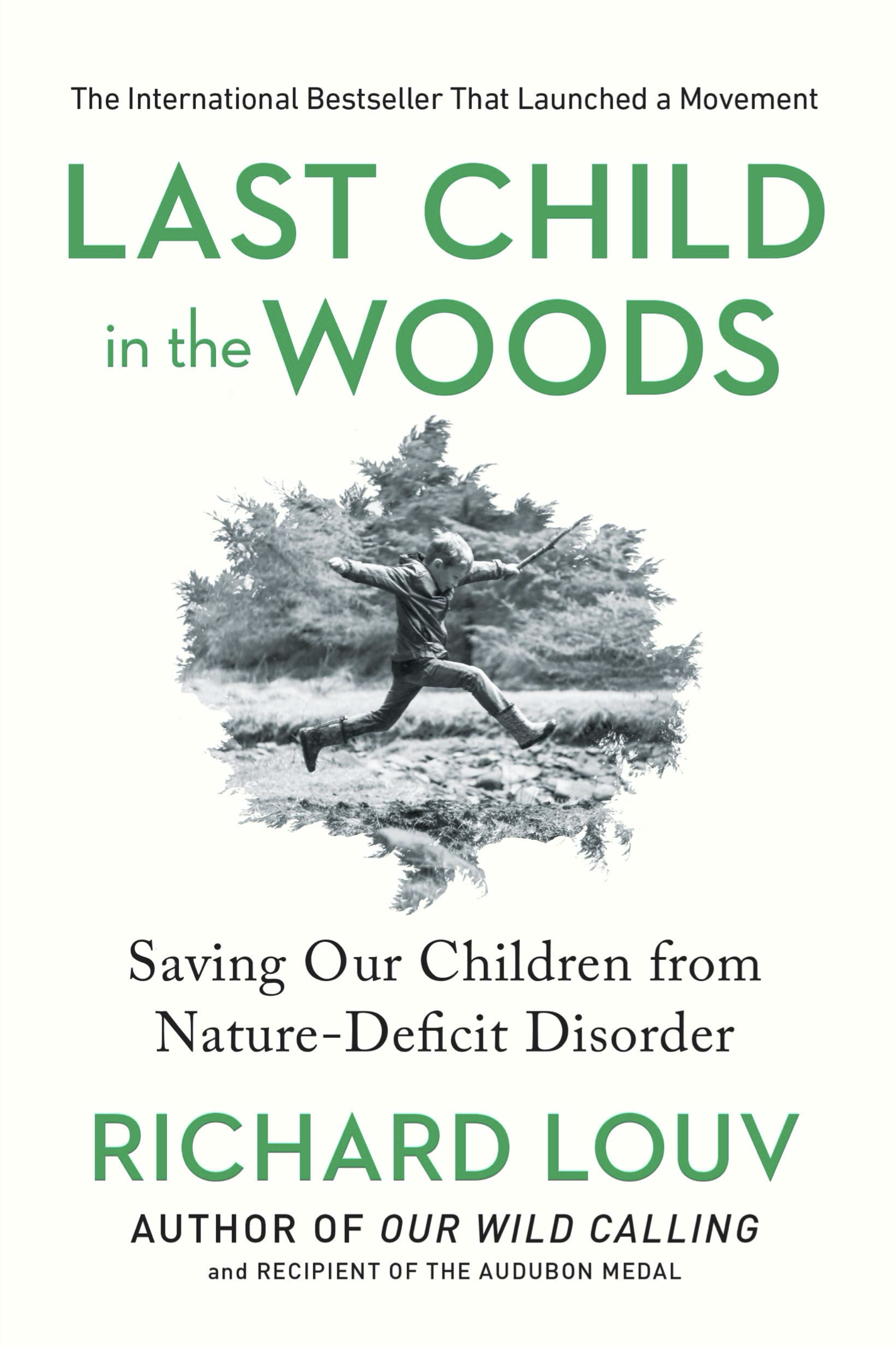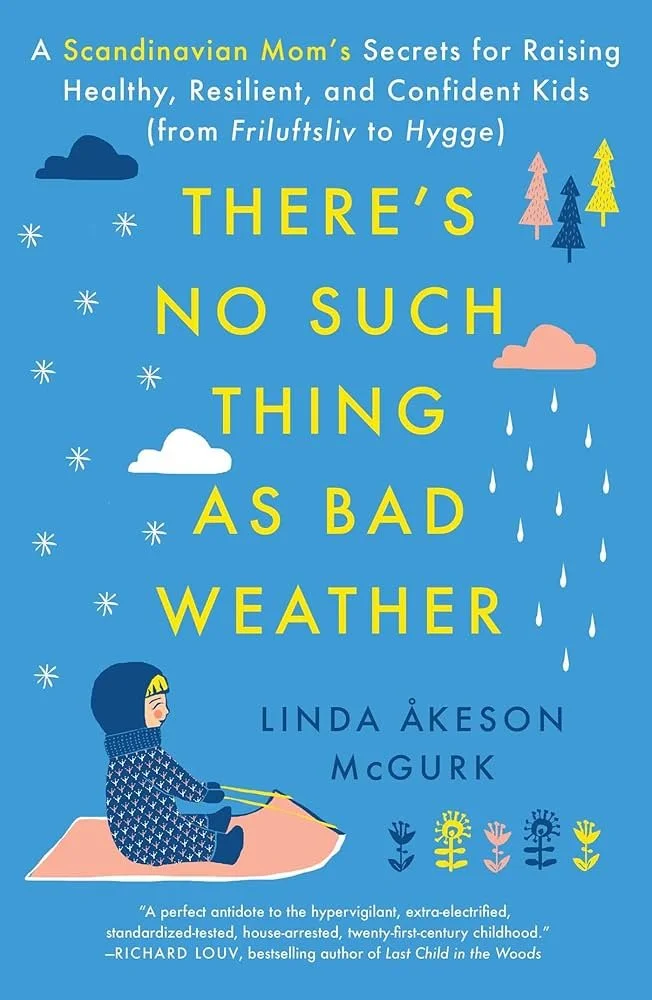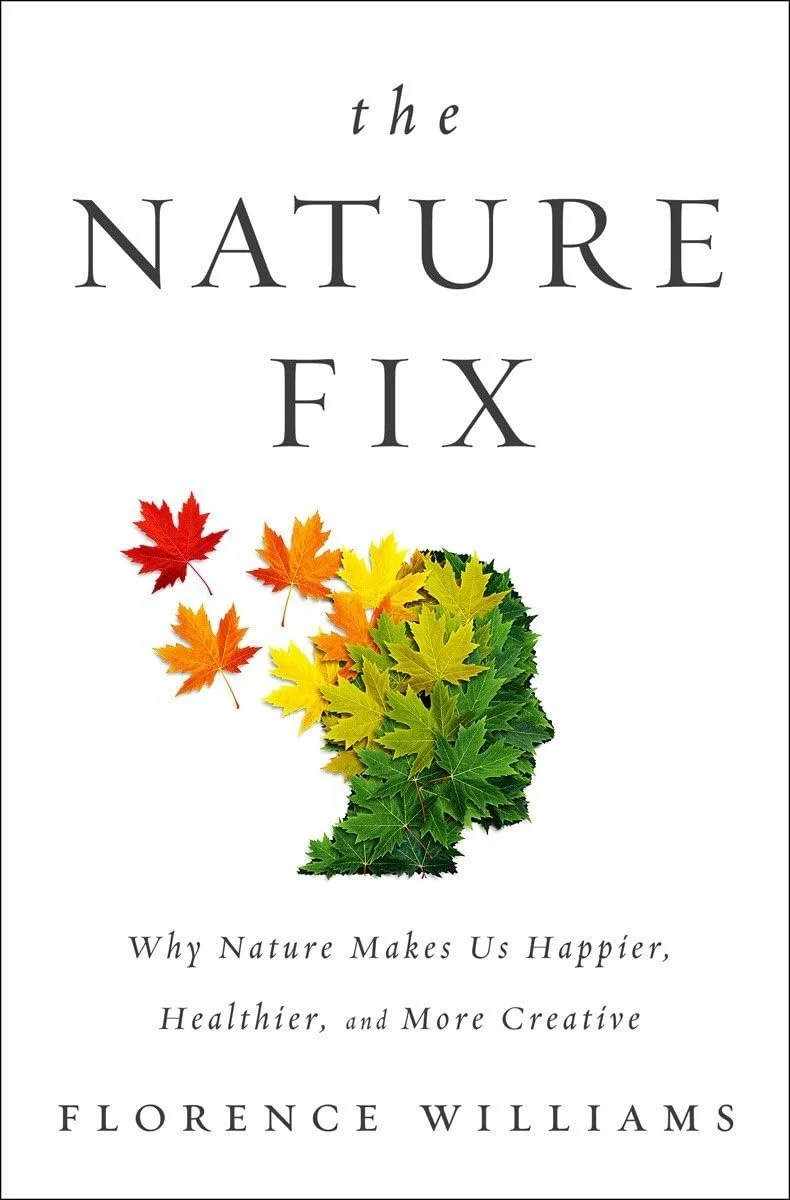
Outdoor Education
Direct experience with the natural world is an integral part of a Montessori education and is essential to our overall well-being. Maria Montessori insisted that children have as much exposure as possible to the real things they were studying. For example, when children are learning about types of leaves, it is best for them to go out and collect real leaves to examine and classify. Additionally, practical outdoor work like gardening and tending to animals helps the child develop a deep understanding of the natural world, a sense of pride in their own competence, and connection to their community through purposeful work. All these experiences not only deepen children’s learning, but they support the child’s developing spirit and intelligence. Nature is orderly; it has rhythms and patterns, and every part of the natural world serves an individual purpose that contributes to the whole of life. When children spend time exploring, studying, and playing in nature, they are more likely to feel meaningfully connected to the world around them. Contemporary research confirms that time spent in natural outdoor settings is essential to children’s physical, psychological, and cognitive development. Nature helps us thrive.
Check out the resources below to learn more about the importance of being outdoors.




